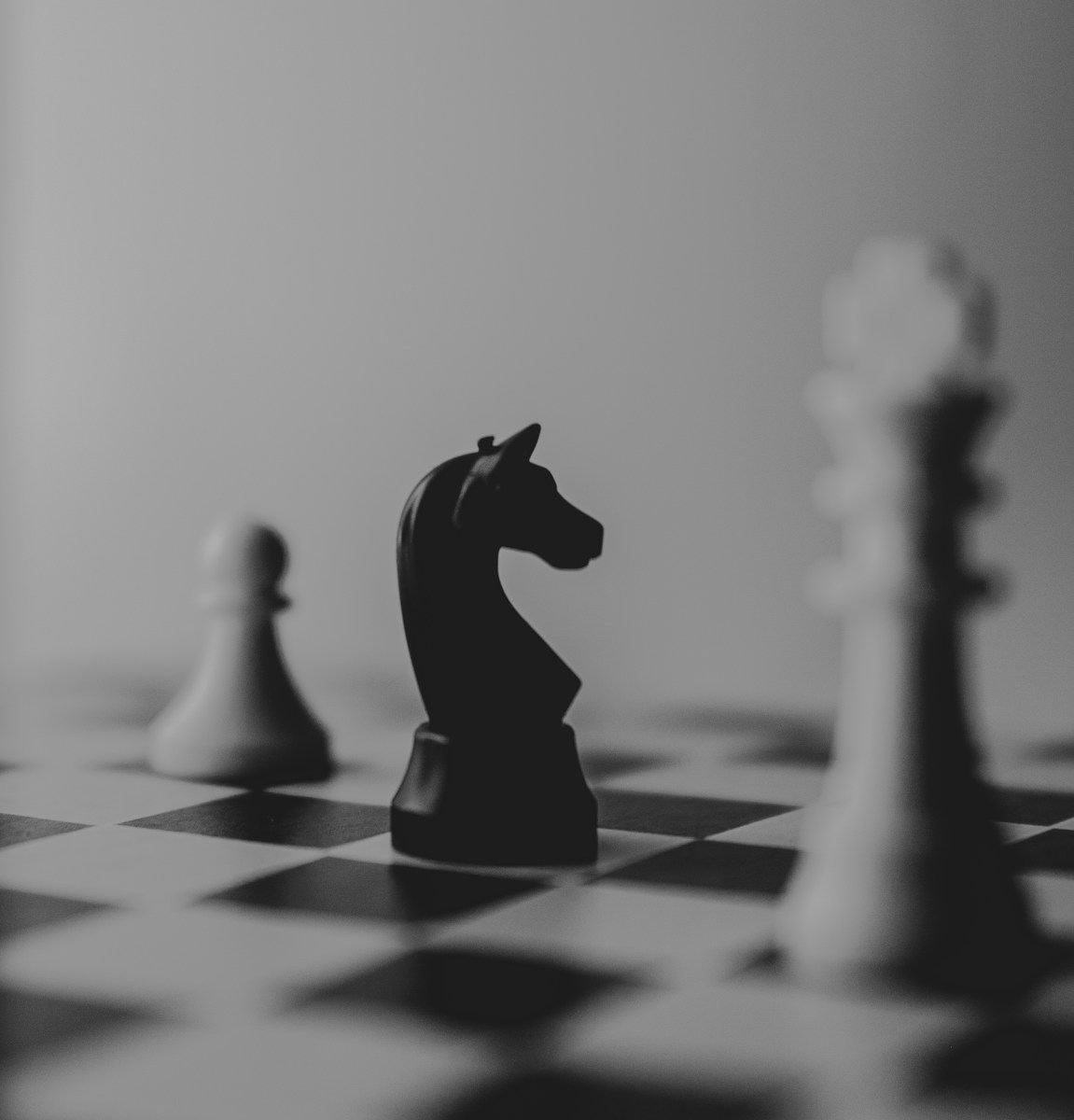Imad Ghennouni: Chess as a Tool for Personal Growth
For the past 15 years, Imad Ghennouni has worked as a motivational speaker, traveling around the world with his work. Prior to this, Imad Atiki El Ghennouni Mohammed gained extensive experience of the corporate world, working his way up the ladder in an array of fields, including financial services and sales. Imad El Atiki El Ghennouni Mohammed enjoys a range of hobbies in his spare time, including cycling, cooking and playing chess. In this article, we take a closer look at chess and the benefits conferred to players by a game that Imad El Ghennouni Mohammed regards as more than a pastime, but a means of self-development.
There are many proven ways of improving brain health, chief among them exercising regularly, getting enough sleep, and eating the right foods. Activities like learning a foreign language and regularly testing the brain with puzzles have also been shown to help maintain cognitive function and health.
Recently piquing the public’s curiosity once more through the series The Queen’s Gambit, chess is a game associated with intelligence and strategy. Although it is widely regarded as a pastime enjoyed by those who already possess a stratospherically high IQ, in reality, playing chess actually makes people smarter. A recent study led by Rober Ferguson involving 4,000 students revealed significant increases in children’s IQ scores after four months of chess tuition. Other studies have corroborated the findings, suggesting a high level of skill transfer.
According to a study published in The New England Journal of Medicine, people over the age of 75 who regularly engage in cognitive-based activities like chess are less likely to develop dementia. Just as unexercised muscle is prone to wastage, the study’s authors discovered that unused brain tissue loses neuroplasticity, or the ability to modify, adapt and change in terms of both structure and function. These findings were corroborated by a subsequent large-scale review that revealed chess as a protective factor against dementia.
Chess aids and improves concentration, stimulates creativity, enhances patience and resilience, and boosts self-confidence. For people with attention deficit hyperactivity disorder (ADHD), it can have a hugely beneficial impact, alleviating symptoms and helping participants to maintain focus, patience and impulse control. A 2014 study exploring the effect of playing chess on ADHD students revealed a marked decrease in disruptive behaviours as well as improvements in the time taken to complete tasks and the students’ overall scores.
The mental health benefits of playing chess extend far beyond the chessboard, imparting positive implications for daily life situations by sharpening problem-solving skills, decision-making abilities and concentration, helping players to increase their impact and productivity.
In addition to enhancing patience and resilience, chess stimulates creativity and boosts self-confidence. The ability to efficiently tackle problems is a crucial skill in both professional and personal life. As chess players become more adept at analysing positions and making calculated decisions, they also improve their ability to tackle real-life problems with confidence and ease. As participants engage in planning and strategic thinking in each game, they hone critical thinking and problem-solving skills that stimulate intellectual growth, in turn cultivating a greater sense of self-confidence.
Learning and playing chess encourages participants to develop full spectrum of capabilities, including crafting and executing plans and maintaining concentration, decisiveness and discipline. In addition to offering an enthralling pastime, the game sharpens and strengthens the will, making it a very valuable tool in terms of both mental agility and personal growth.
A timeless and intellectually stimulating game that has captivated players for centuries, chess is much more than a mere board game, providing mental benefits that extend far beyond, enhancing players’ mental health, wellbeing and cognitive abilities.

